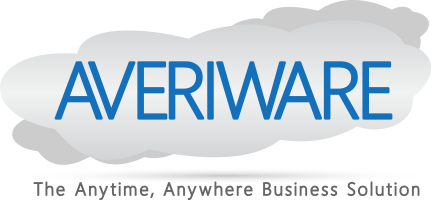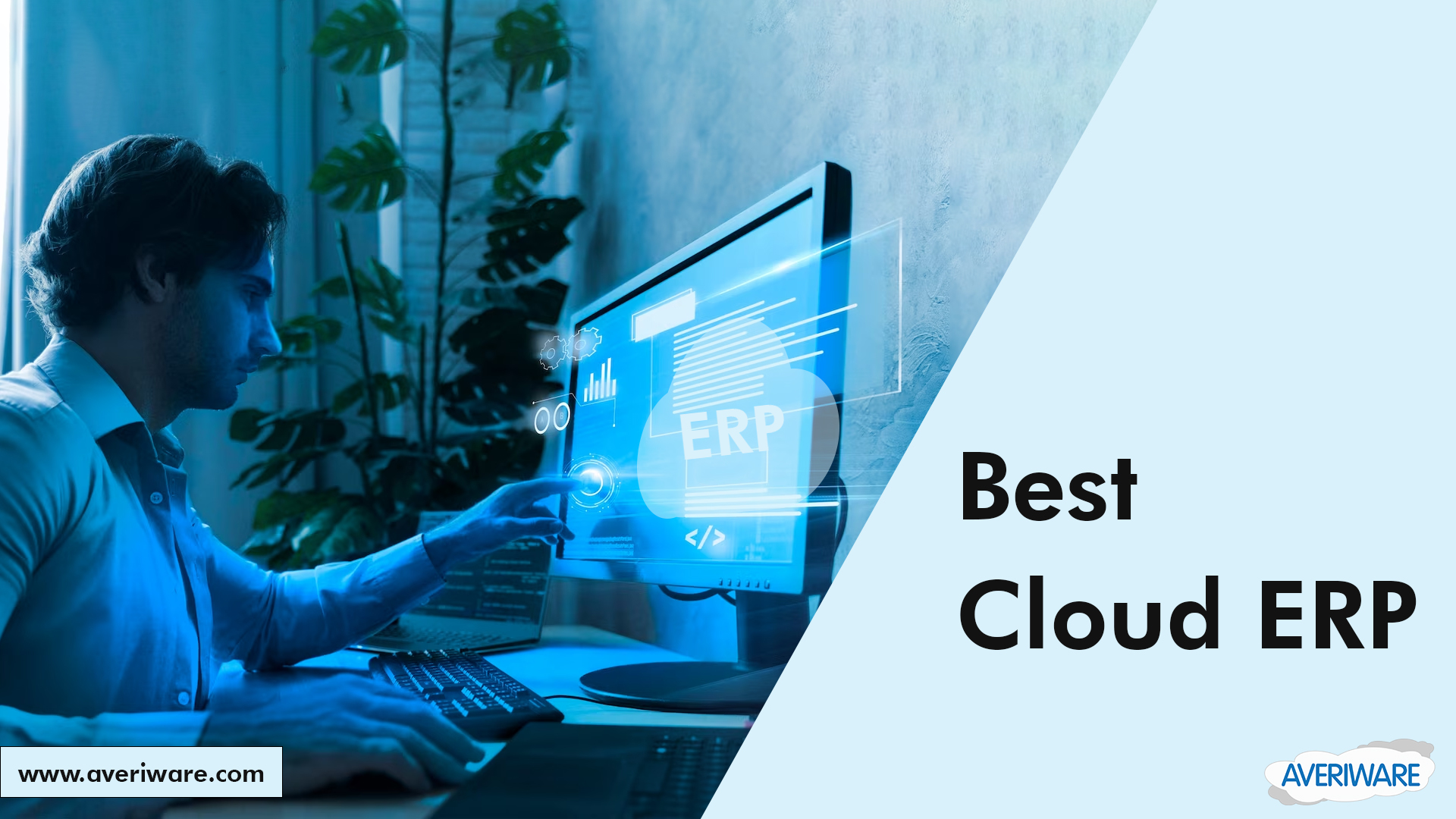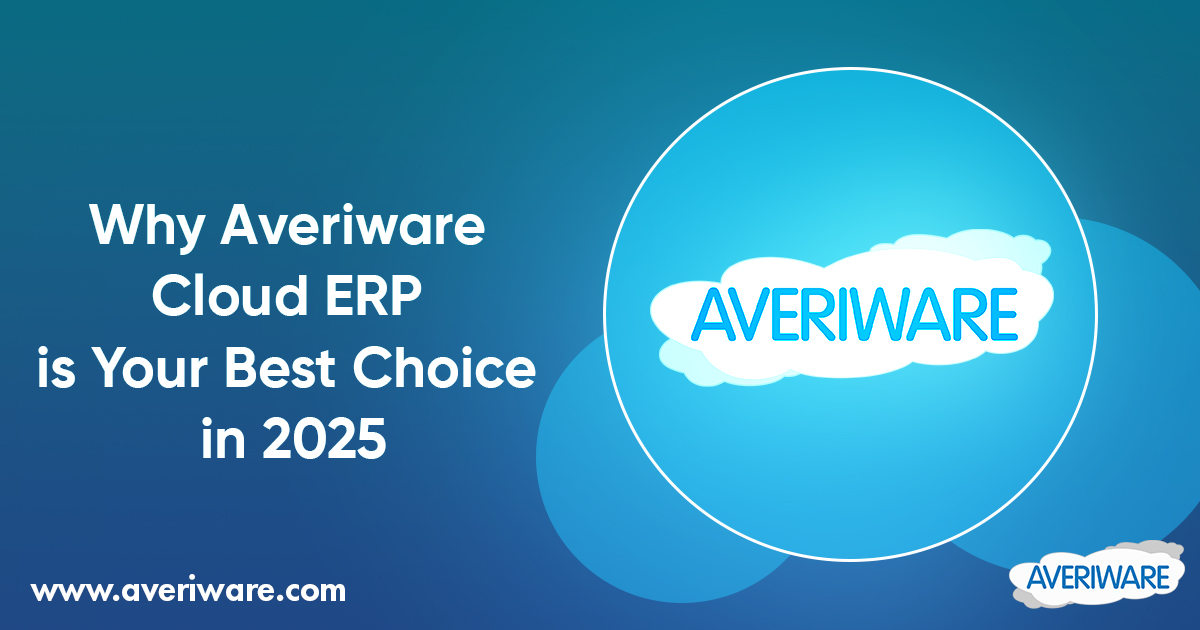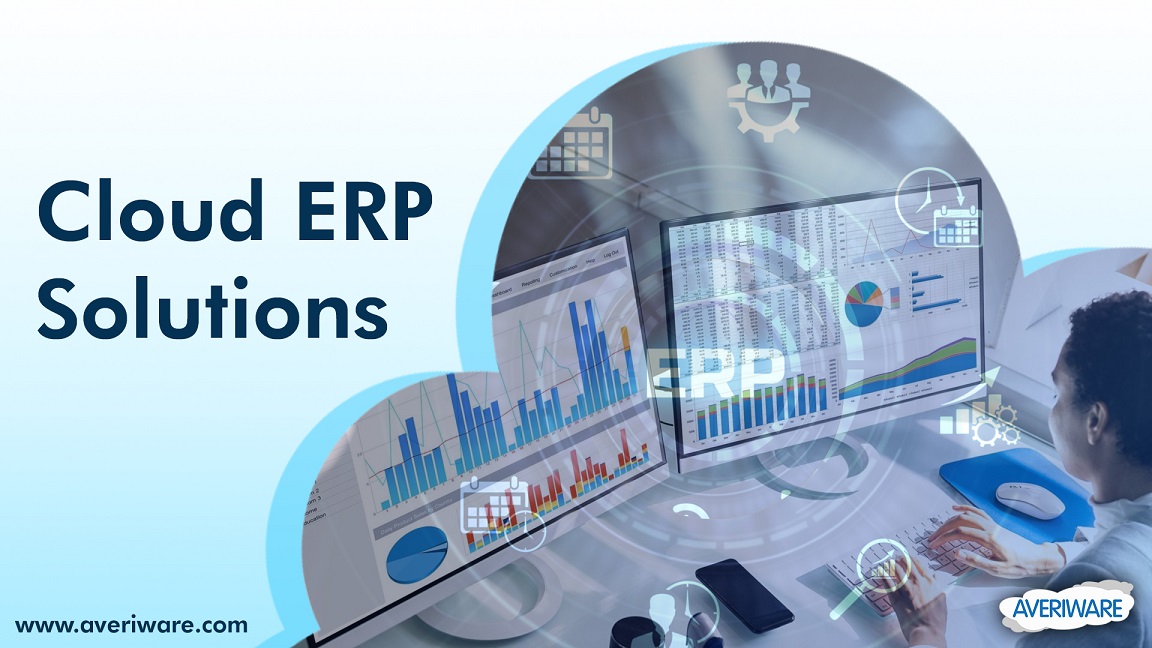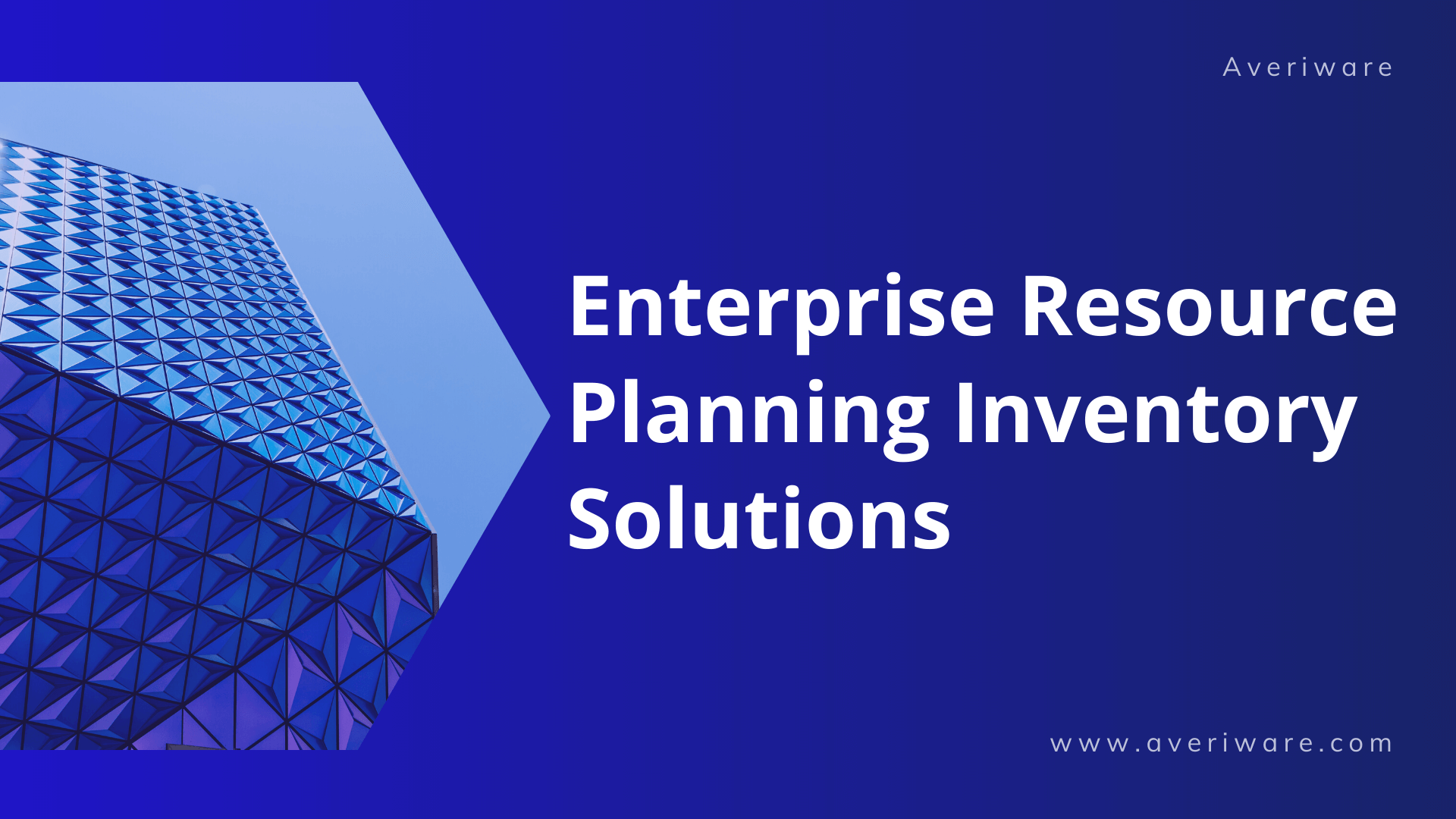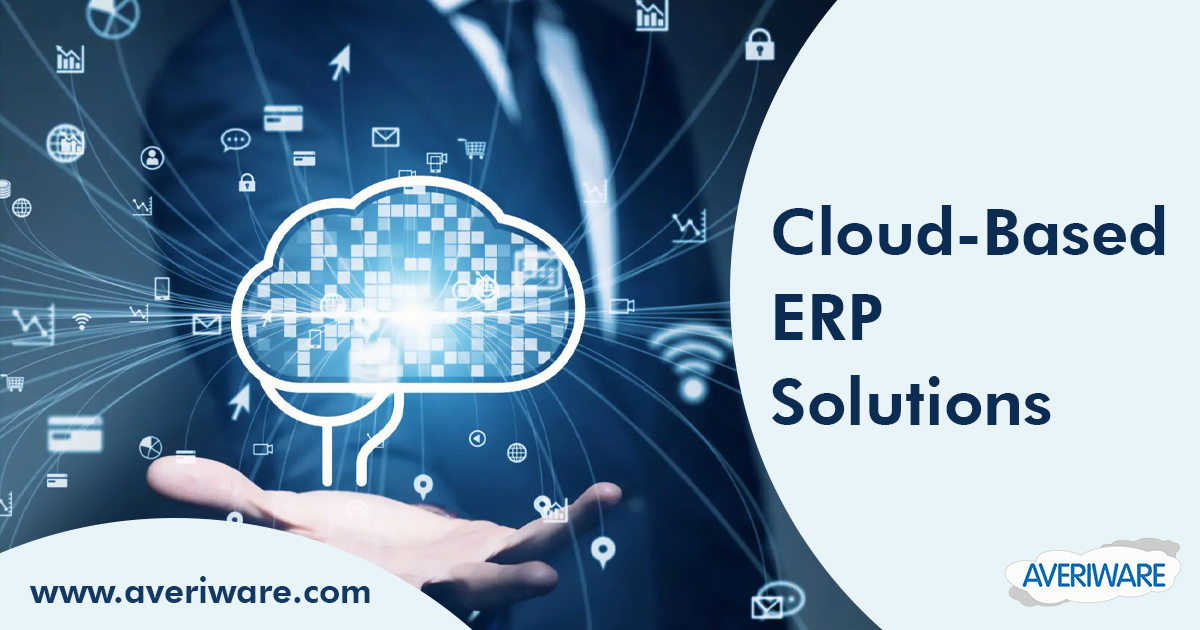Small and medium-sized businesses (SMBs) increasingly turn to cloud-based Enterprise Resource Planning (ERP) solutions to streamline operations, enhance productivity, and drive growth. However, this can be a daunting task with many options available. Let’s discuss the key factors when choosing the cloud ERP for your small business needs.
Understanding Your ERP Business Requirements
Before diving into the sea of cloud ERP solutions, assessing your business’s unique requirements and objectives is essential. Consider factors such as the size of your business, industry-specific needs, current plan points, and future growth projections. Are you primarily focused on inventory management, financials, CRM, or all of the above? Understanding your specific needs will guide you in selecting a cloud ERP solution that aligns with your business goals.
Evaluating the Functionality of Best Cloud ERP
When evaluating cloud ERP options, prioritize features and functionality directly addressing your business requirements. Look for capabilities such as real-time data access, inventory management, financial reporting, CRM integration, and scalability. A solution like Averiware offers predictive analytics to help you make data-driven decisions and optimize inventory utilization, which can be invaluable for SMBs looking to stay competitive in the market.
Assessing Ease of Use and Accessibility
User experience is a critical factor in the adoption and success of any cloud ERP solution, especially for SMBs with limited IT resources. Choose a platform that is intuitive, easy to navigate, and offers a seamless onboarding process. Additionally, consider accessibility factors such as mobile compatibility and cloud-based deployment, which enable remote access and flexibility for your team members, regardless of location.
Ensuring Scalability and Integration
As your SMB grows, so should your ERP solution. Select a cloud ERP platform that can scale alongside your business and adapt to evolving needs. Moreover, compatibility and integration capabilities with existing software and third-party applications are essential for maximizing efficiency and streamlining operations.
Considering Cost and Return on Investment
While cost is undoubtedly a significant consideration for SMBs, viewing it in the context of the overall return on investment (ROI) is essential. Look beyond the initial price tag and evaluate factors such as implementation costs, ongoing maintenance fees, and potential savings in time and resources. A cloud ERP solution that balances affordability and value-added features can deliver long-term benefits for your small business.
In conclusion, selecting the best cloud ERP for your SMB requires careful consideration of your business requirements, features, usability, scalability, and cost. By prioritizing these factors and exploring solutions like Averiware, SMBs can empower themselves with the tools they need to drive efficiency, productivity, and growth. Book a free demo today to experience how Averiware can streamline your business operations and your SMB towards success

